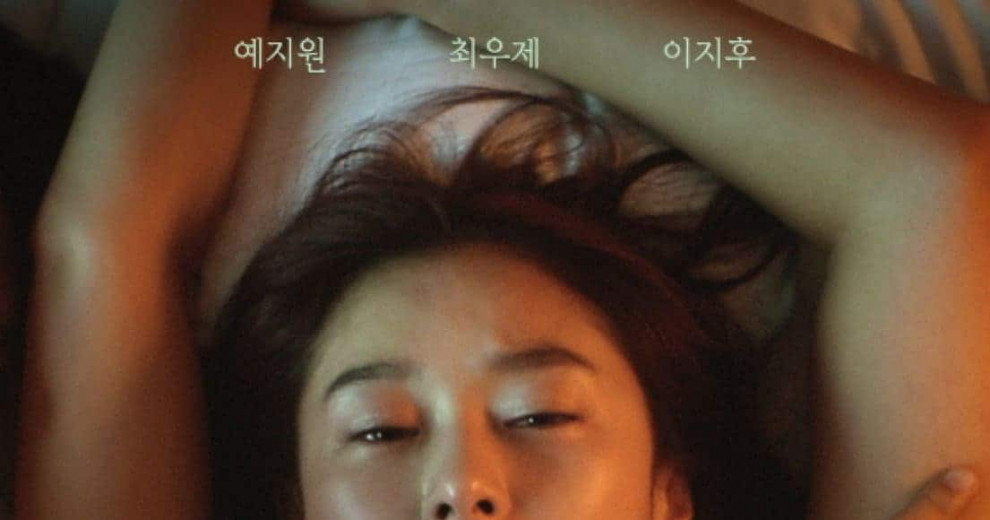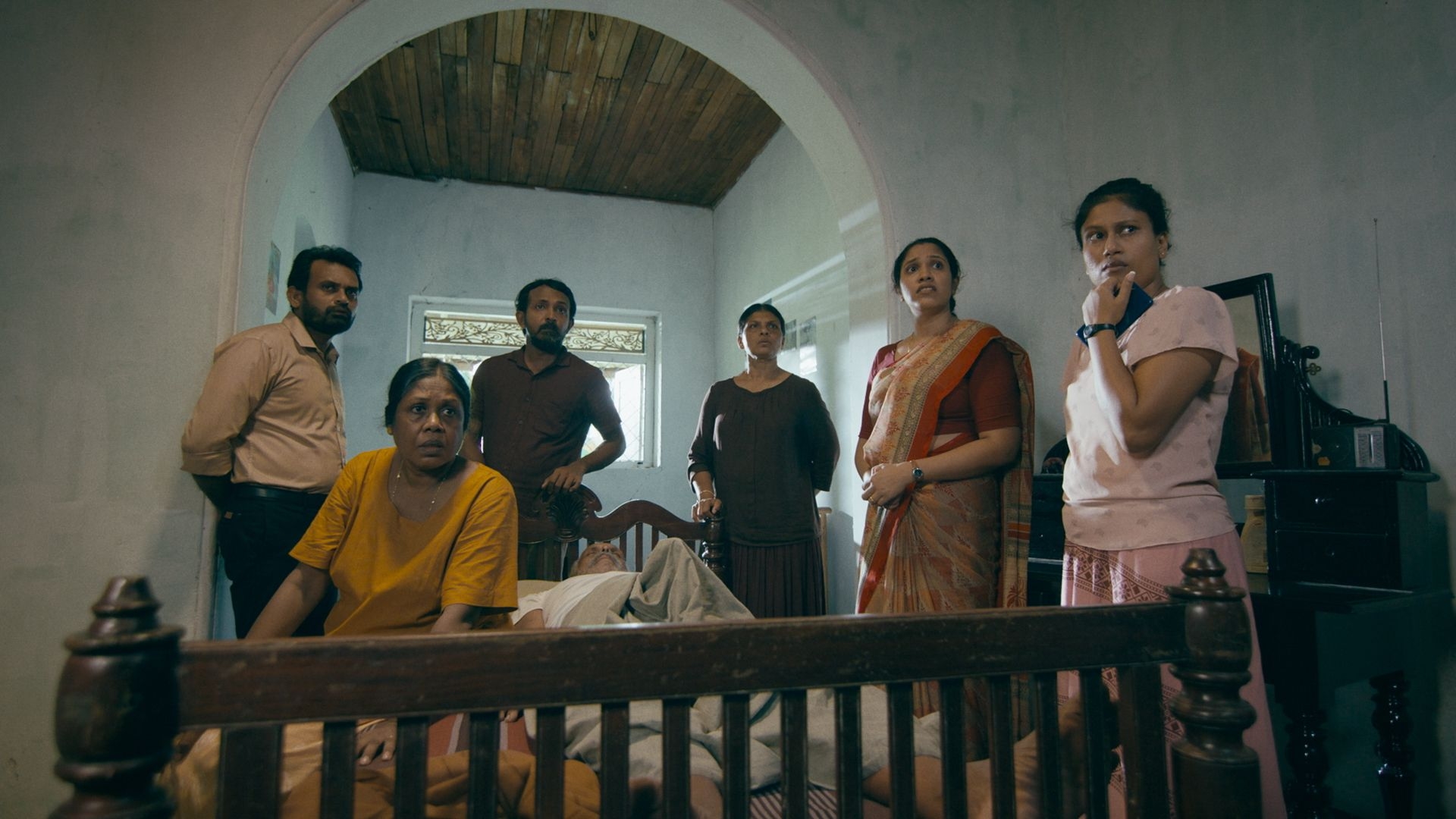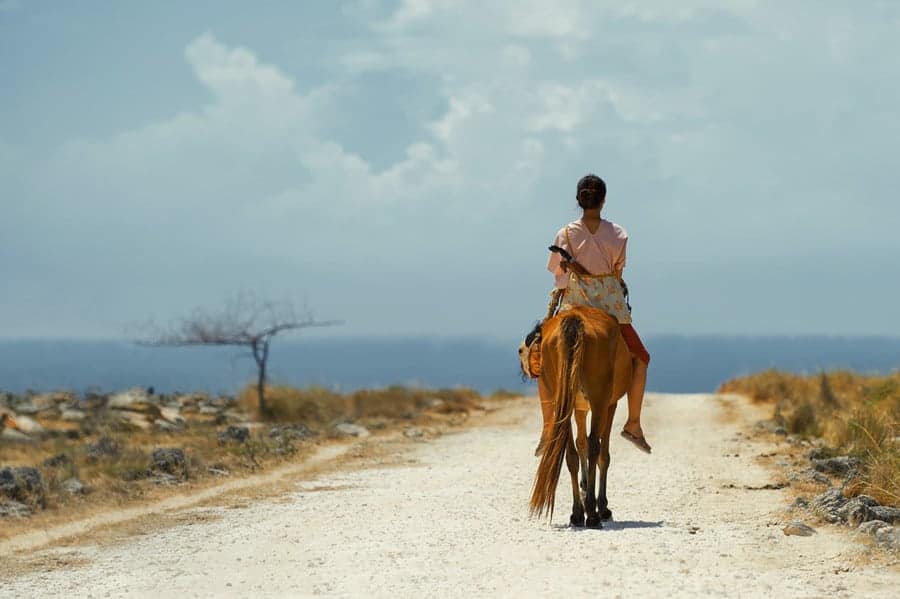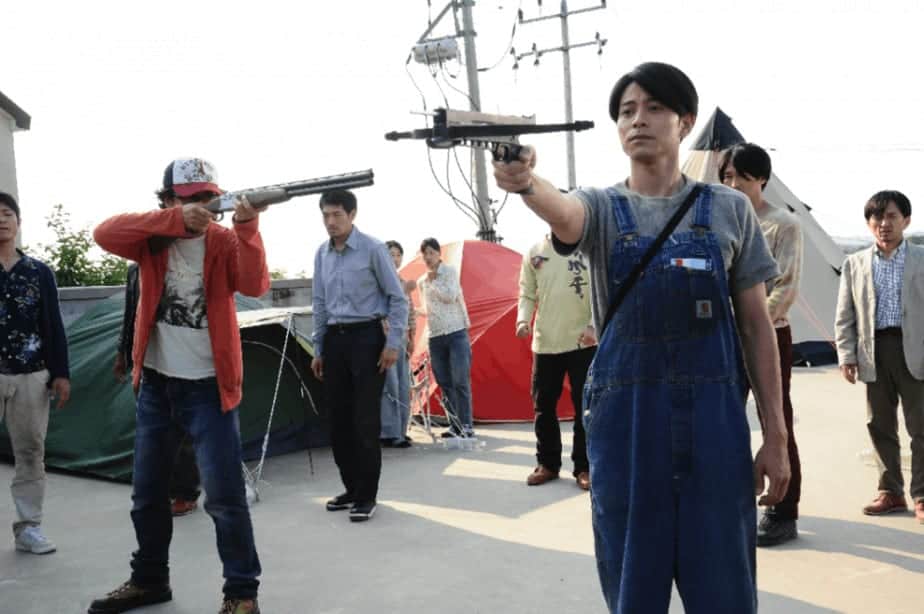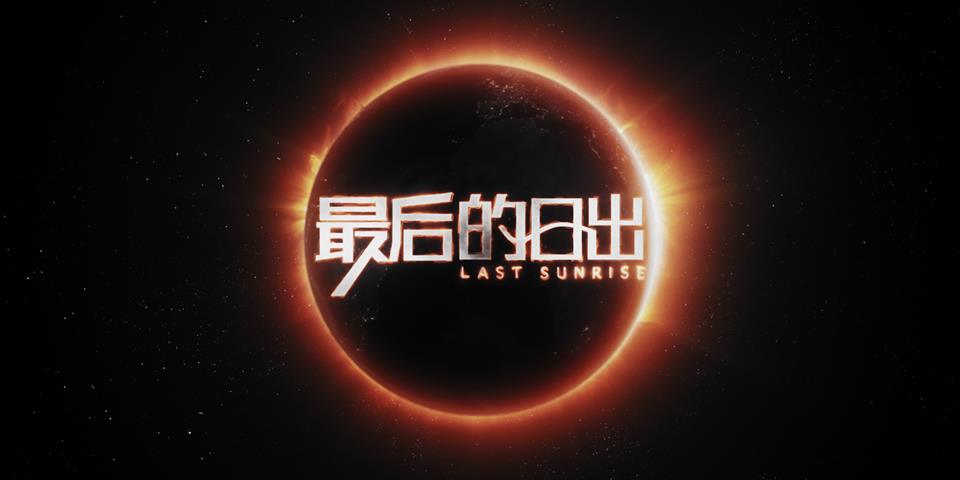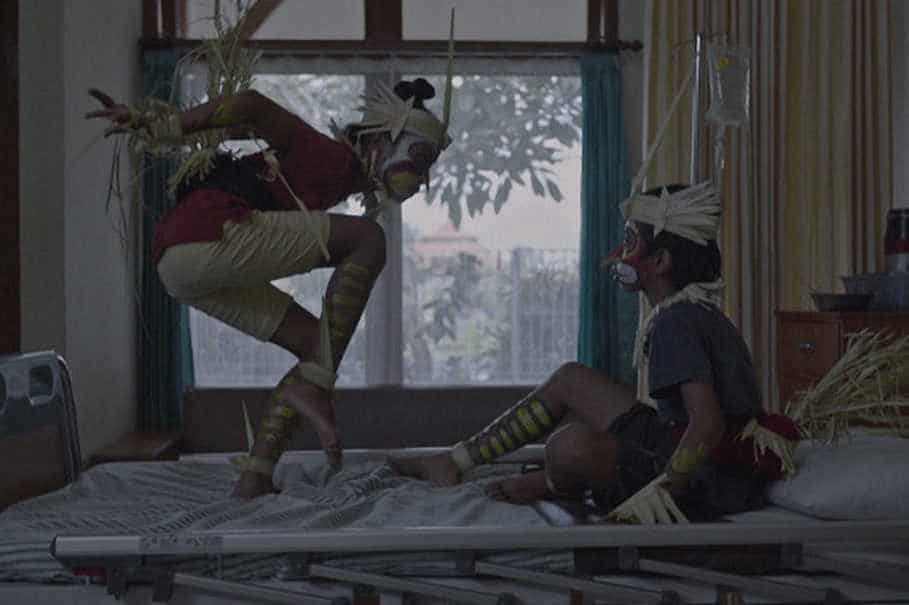Ever since Park Chan-wook's “Oldboy”, Korean directors have made several quite successful entries, using their own unique blend of a genre framework while also delivering sharp comments on society as well as adding a sense of pathos and gravitas to their story. While many recent films from Korean directors have sadly the tendency to overstay their welcome with too much unnecessary twists, characters and added layers to their script, many features end up being an interesting idea, which sometimes results in a convoluted mess. Thankfully though, there are those stories that not only tell an interesting and elegant story, but also manage to be precise and to the point. In many ways, Kim In-shik's “Autumn Garden” is one of those movies.
“Autumn Garden“screened at Florence Korean Film Festival 2020
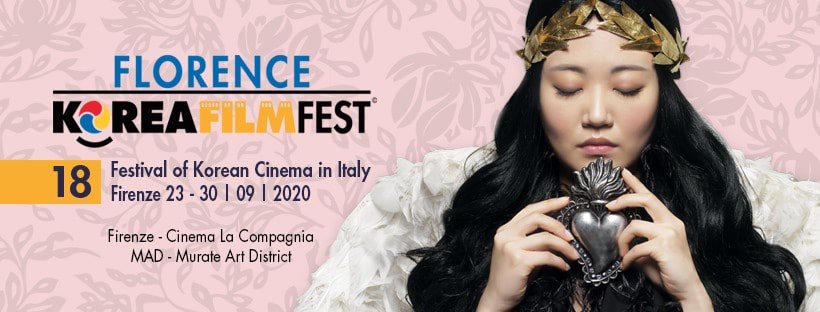
At its core, the story of the film centers around three main characters. Han Jang-seo (Choi Woo-je) lives a secluded life ever since his fiancee Jang Hyun-jae (Ye Ji-won) left him many years ago, after he found out about her affair with his younger brother. While Jang has been traveling around the world for many years, together with her son, Han has been waiting for her to return, wanting to confront her with their last argument and in search for the truth about their relationship and the honesty of her feelings before she had the affair. As he prepares his home for what might just be the last time he will ever see her again, both of them grow increasingly concerned about the horrible truths their final dinner may uncover.
There are indeed quite a few ideas and aspects that make a film such as “Autumn Garden” unique and one of them has to be the design of the character as well as their dynamics. During the story, we are introduced to Jang's son who is quite a talented and ambitious young man, having made a name for himself as a fencer and winning many competitions. The concept of using tactics, keeping a distance to your opponent while also being able to strike really fast may serve as the key image of the film as it captures quite fittingly how these characters interact with each other. Although their motivation may be nebulous at times, there is this interesting, and quite attractive concept of getting to a truth (which one may suspect to some degree already) while also protecting one's feelings from being hurt again.
Essentially, Kim In-shik shows characters who have lost their present in a way, who either remain in limbo between past and present or who have grown accustomed trying to escape a potentially hurtful confrontation. The idea of re-creating a moment to the tiniest detail becomes an (unhealthy) obsession for Han in his ambition to hear a truth he in some ways already knows and re-locating time and time again is the prefect way of life for Jang, a way to maintain distance, which has also damaged the relationship to her son. Fittingly, his aim is to settle down, an idea his mother is quite opposed to.
Apart from the character and its story, “Autumn Garden” also features beautiful cinematography, emphasizing the concept of the characters being stuck in time, while the great score underlines the drama and gravity of the events unfolding. During some scenes, the score is strongly reminiscent of Jo Yeong-wook's terrific score for the aforementioned “Oldboy” given its orchestral design and the violins stressing the emotional turmoil of the characters.
“Autumn Garden” is a terrific drama about people's search for truth and the emotional repercussions of that ambition. Well-written, beautifully photographed and scored this is quite a highlight of this year's Korean Film Fest which will hopefully find an appreciative audience.


